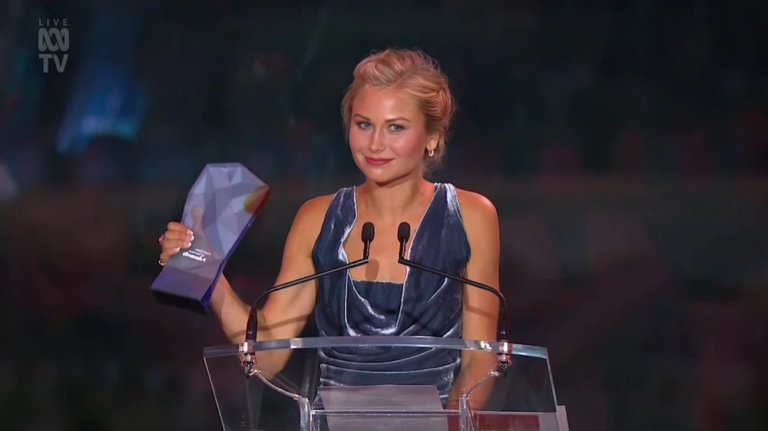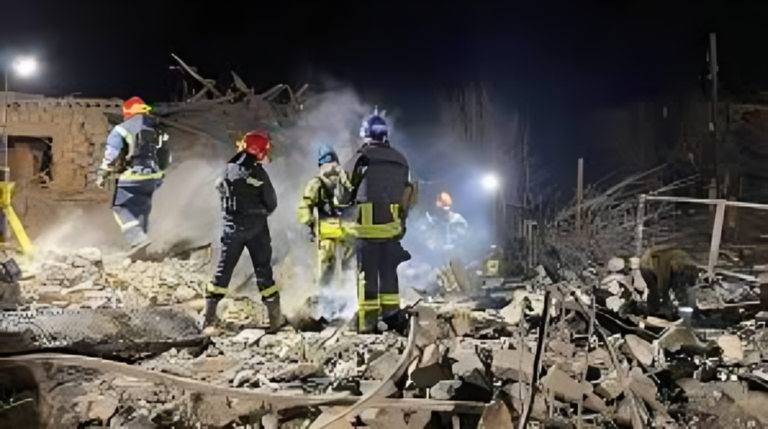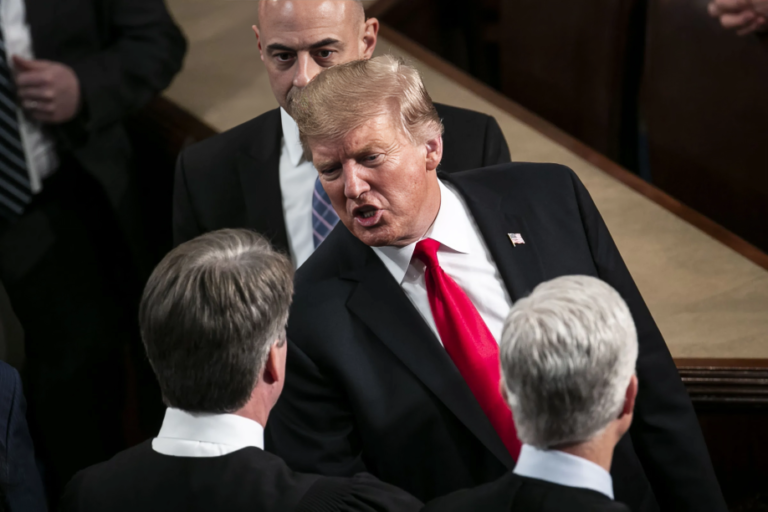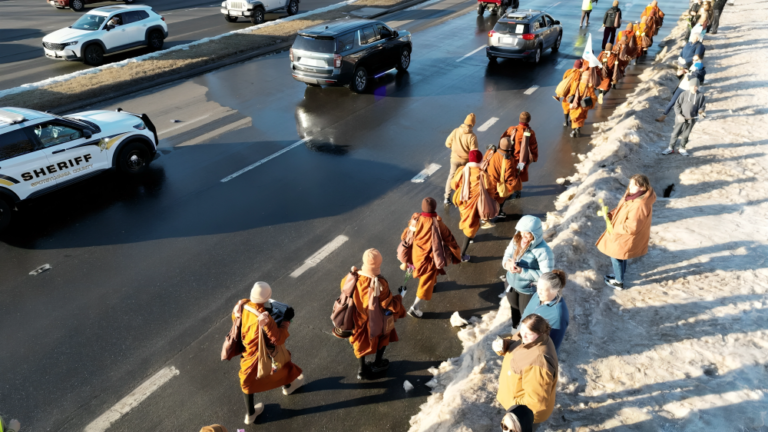In a vibrant display of unity and resilience, the “Narir Dake Maitree Jatra,” a women-led movement celebrating diverse professions and backgrounds, issued a powerful declaration advocating for equal rights and social dignity for all. The event, held on a sunny Friday afternoon along the bustling Manik Mia Avenue in the capital, brought together voices from different sectors women workers, students, teachers, cultural activists, and professionals each united under the rallying cry of “We stand for equality.”
At the heart of the gathering was a call to the interim government to take decisive action in protecting women and marginalized communities. Participants demanded that authorities address the rising threats of violence, counter dangerous rumours, and combat religious incitement that seeks to destabilize social harmony. The declaration was poignantly read out by three women from the families of the July martyrs, symbolizing resilience and the ongoing struggle for justice.
A central demand articulated in the declaration was the urgent need for gender parity in political representation. Specifically, it called for at least 33 percent of candidates in the upcoming elections to be women, aligning with their proportion in the population. This move, organizers emphasized, is essential to ensuring that women’s voices are adequately represented in policymaking processes.
The declaration also urged the interim government to uphold its constitutional duties by actively countering violence and misinformation. It highlighted concerns over the dissemination of false information related to the Women’s Reform Commission report and warned against the misuse of religion to sow fear and instability within society.
Furthermore, the declaration emphasized the importance of transparency from political parties and groups seeking public support. It called on these entities to clearly articulate their positions on the rights of women, workers, and minority communities be they ethnic, religious, linguistic, or gender-based. The movement advocates for full political, economic, and personal freedoms for these groups, asserting that true democracy and social justice can only be achieved through inclusive policies and unwavering commitment to equality.
This event marks a significant step forward in mobilizing diverse voices to demand a more just and equitable society. As the voices of change echo along Manik Mia Avenue, the message remains clear: the journey toward social dignity and equal rights is ongoing, and collective action is more vital than ever.












+ There are no comments
Add yours